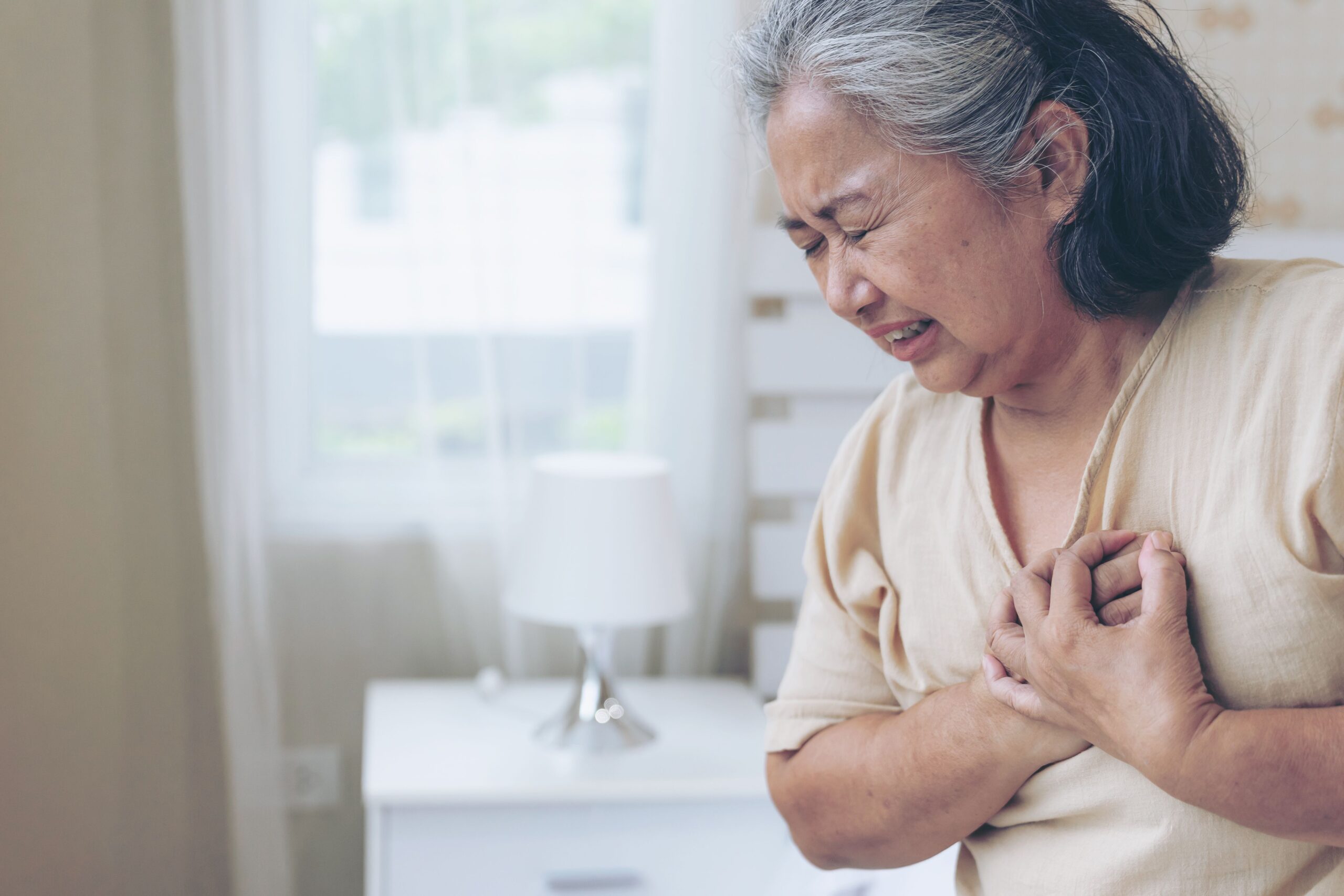
Heart Disharmony (心律不齐)
Heart Disharmony is one of the primary causes of sleep disturbances and mental unrest in Traditional Chinese Medicine. The Heart houses the Shen (spirit or mind), and its proper function is essential for emotional stability and restful sleep. When Heart Yin is deficient, it fails to anchor the Shen, leading to symptoms such as insomnia, palpitations, night sweats, and mental restlessness. Similarly, a deficiency in Heart Blood may result in poor memory, light and fragmented sleep, anxiety, and emotional sensitivity. These conditions reflect an underlying weakness in the Heart’s ability to nourish and calm the mind.
Liver Qi Stagnation (肝气郁结)
Liver Qi Stagnation plays a significant role in emotional regulation and psychological well-being. The Liver is responsible for the smooth flow of Qi throughout the body, and when this flow is impeded, it can lead to emotional disturbances such as irritability, frustration, mood swings, and depression. In cases where Liver Qi stagnation progresses into Heat or Fire, the excess internal heat can agitate the Shen, causing symptoms like anger, insomnia, vivid dreams, and difficulty falling asleep. The Liver’s role in emotional expression and stress response makes its balance crucial to mental health.
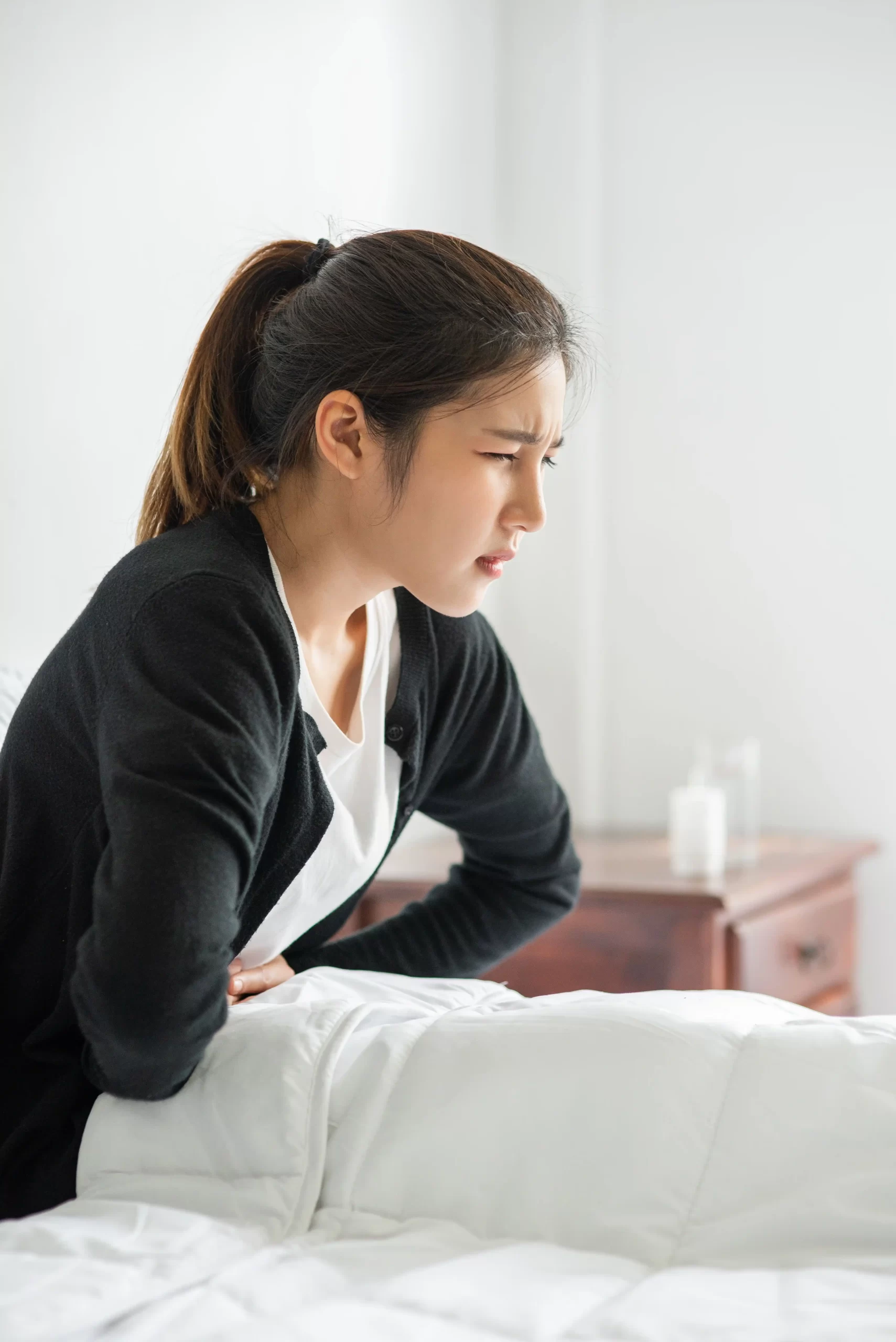
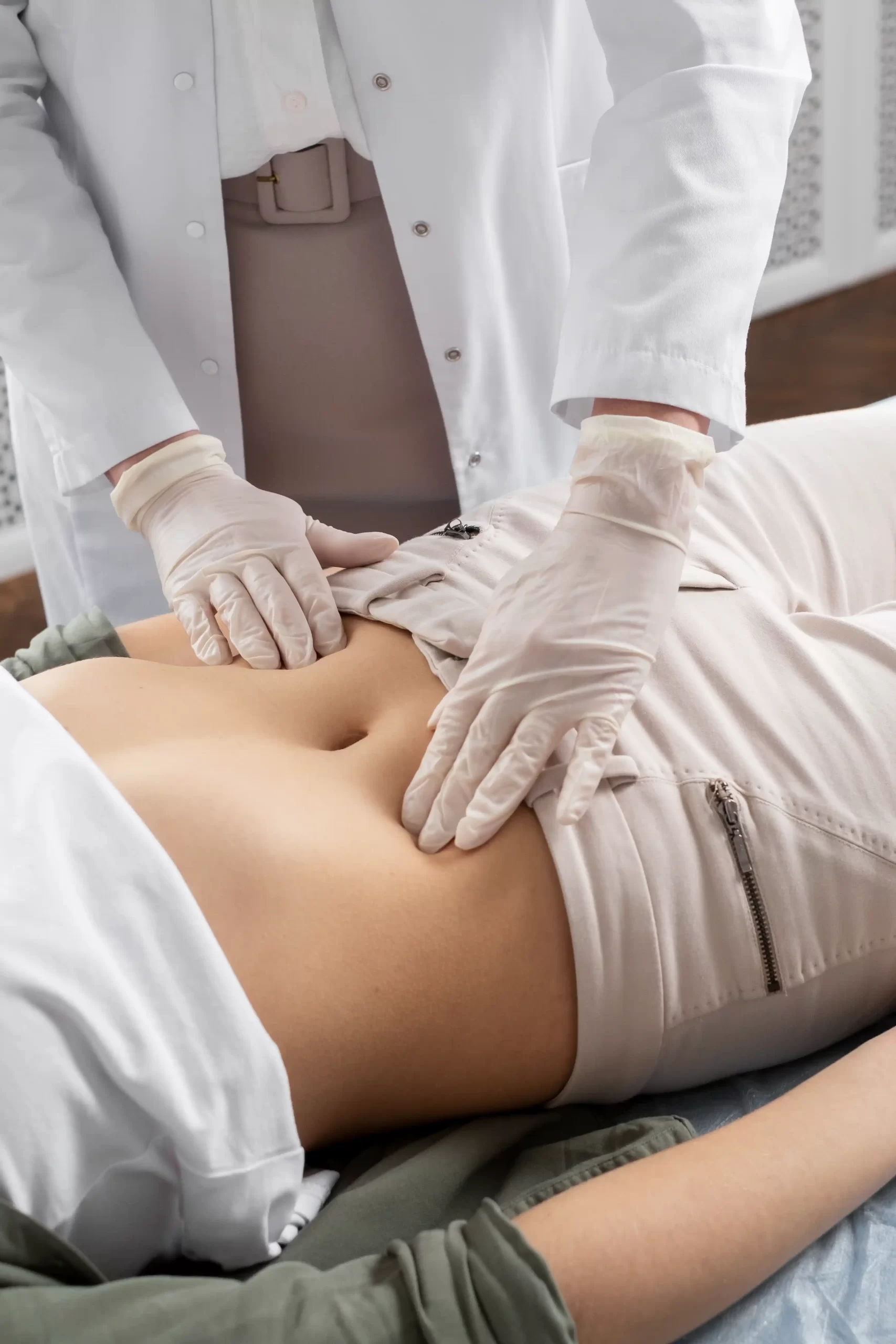
Spleen Qi or Blood Deficiency (脾气虚或血虚)
Spleen Qi or Blood Deficiency contributes to both physical and cognitive fatigue. The Spleen governs the transformation of food into Qi and Blood, and it plays a central role in supporting the Heart. A deficiency in Spleen Qi often leads to worry, overthinking, poor appetite, and general exhaustion, all of which can compromise mental clarity and rest. Furthermore, if the Spleen fails to produce adequate Blood, it may lead to a secondary Heart Blood deficiency, resulting in emotional instability, insomnia, and impaired cognitive function.
Phlegm and Heat Disturbing the Shen (痰热扰肾)
Phlegm and Heat Disturbing the Shen reflect a more complex pathology involving internal dampness and impaired fluid metabolism. When Phlegm accumulates—often due to Spleen weakness or dietary excess—it can obstruct the Heart and cloud the mind, leading to symptoms like confusion, mental dullness, depression, or even manic behavior. If Heat combines with Phlegm, the resulting pattern can significantly agitate the Shen, causing agitation, racing thoughts, and disturbed sleep. These patterns underscore the importance of fluid balance and digestive strength in maintaining mental health.
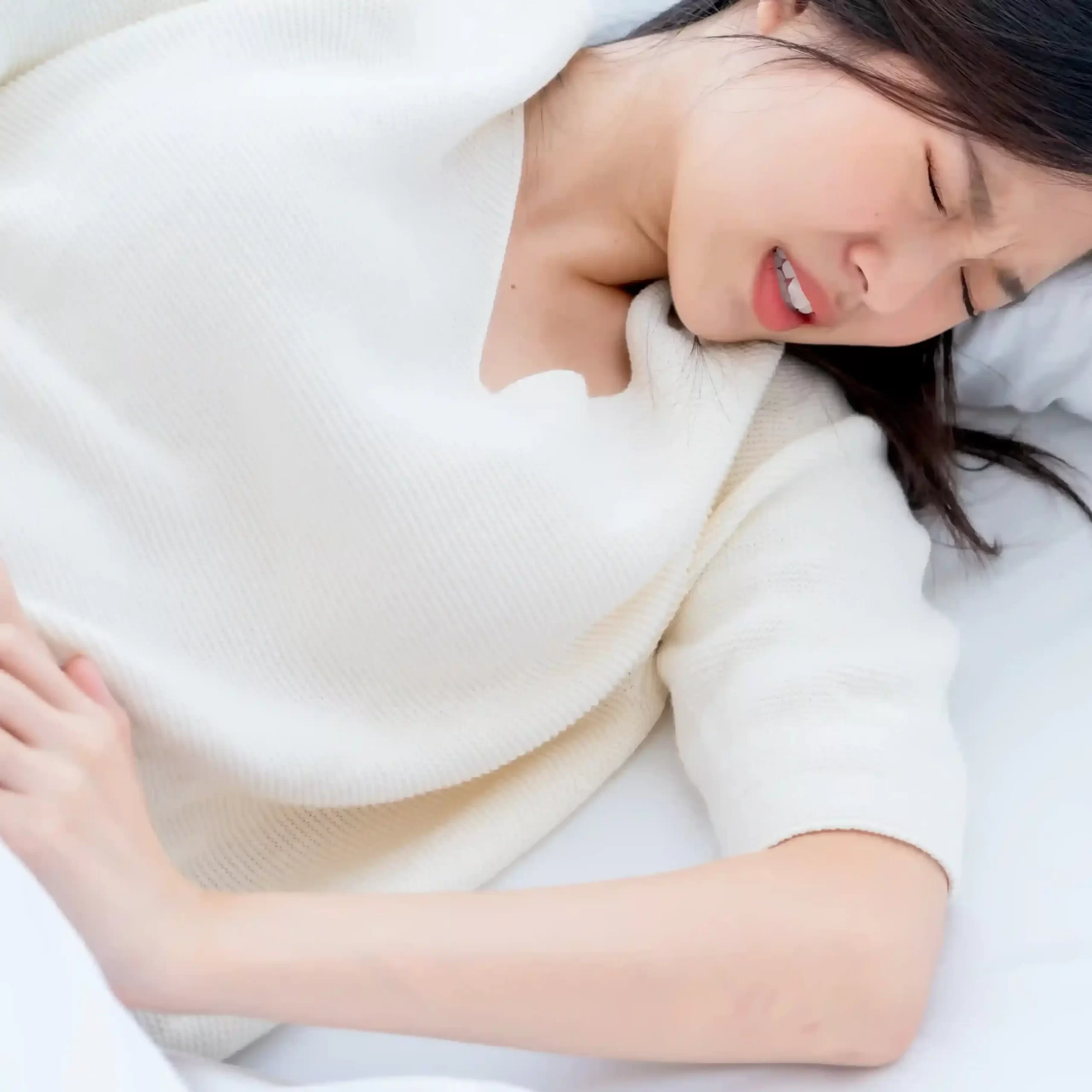
How TCM Treats Lower Back Pain: Key Therapies
Acupuncture
Acupuncture involves inserting fine, sterile needles into specific acupoints to stimulate energy flow and restore balance. For lower back pain, acupuncture helps:
- Unblock qi and blood along the Bladder and Kidney meridians
- Relax tight muscles and reduce inflammation
- Release endorphins, your body’s natural painkillers
- Improve circulation to the area, promoting healing
Most patients feel relief even after the first session, especially when combined with other therapies.
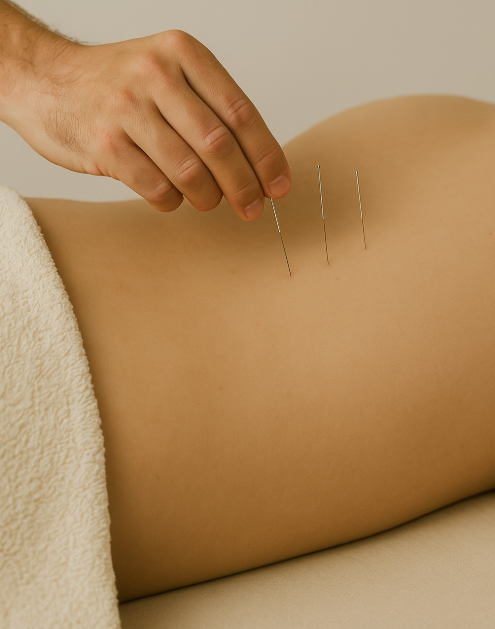
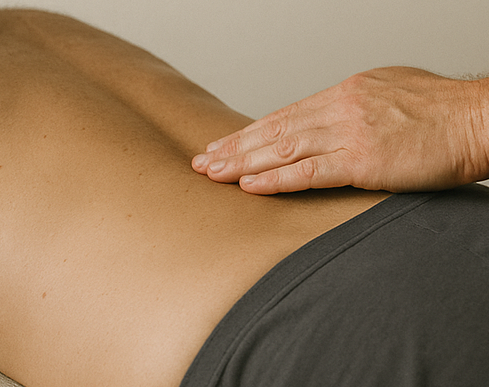
Tuina Massage
This therapeutic massage focuses on key meridian pathways and muscle groups. It:
- Reduces pressure on the spine caused by tension
- Loosens tight muscles and fascia
- Improves mobility and circulation
Cupping Therapy
Cups are placed on the skin to create suction. This:
- Promotes blood flow
- Draws out deep-seated tension and “cold”
- Relieves tightness in the lumbar area
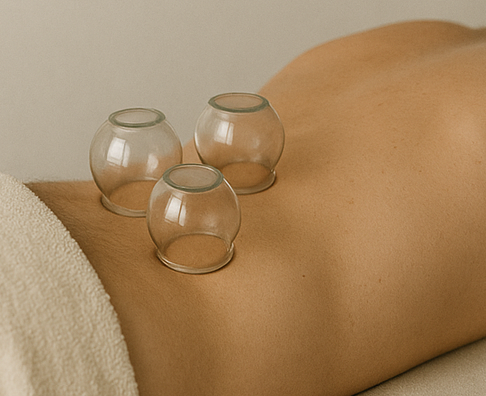
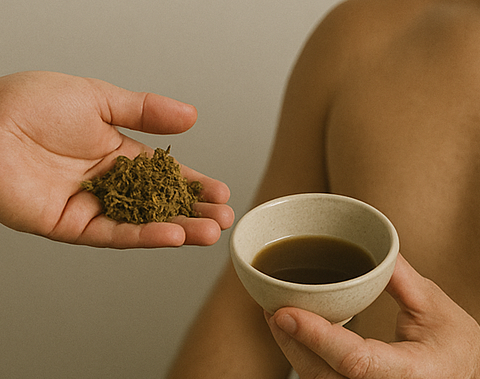
Herbal Medicine
Custom herbal formulas are often used to:
- Strengthen kidney qi and yang energy
- Reduce inflammation
- Alleviate pain caused by cold-damp retention or blood stagnation
